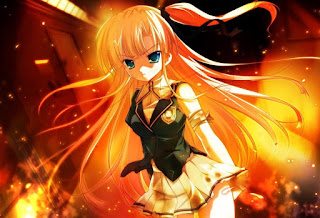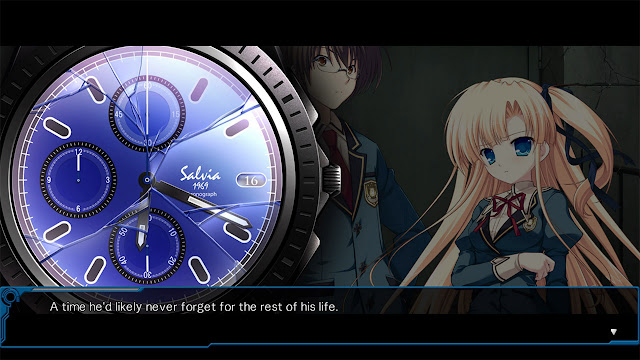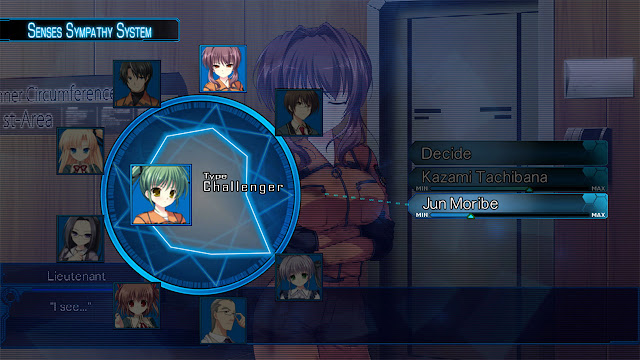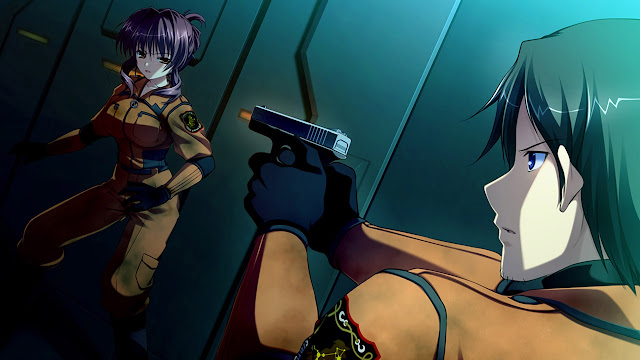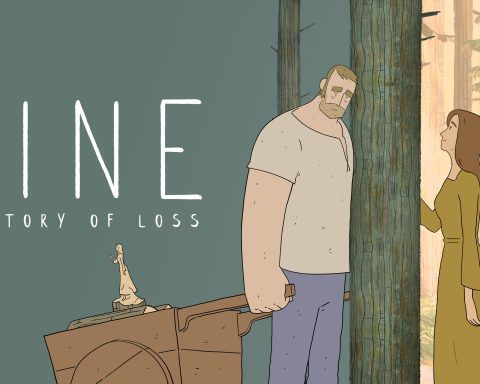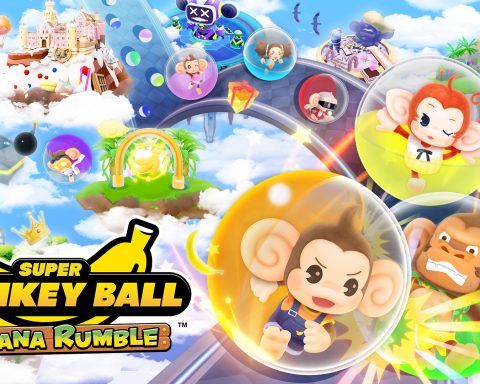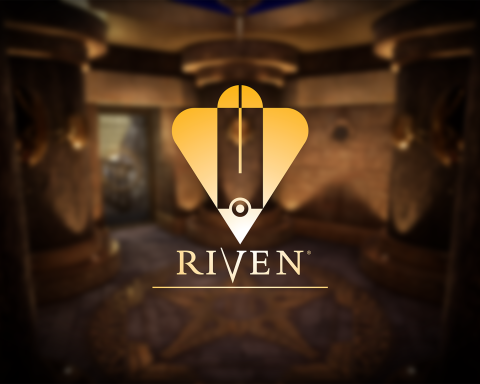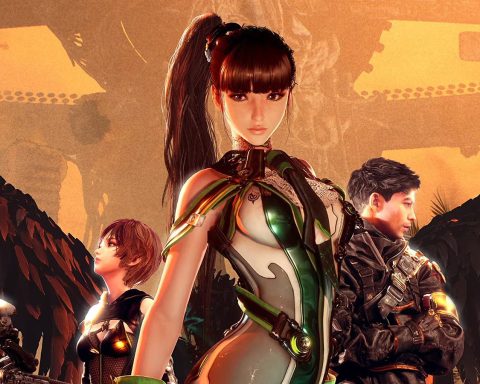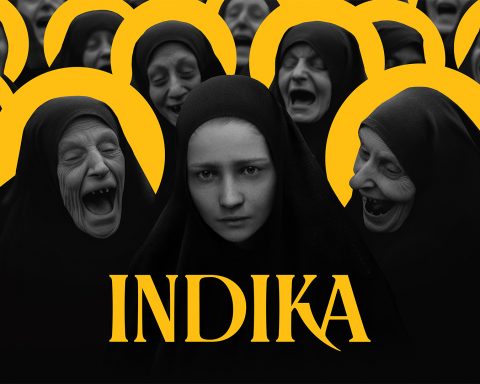Root Double is a visual novel that I wish I had have written. There are parts of its narrative that frustrate me, but those pale in comparison to the fact that this game is a taut, intense survival thriller, with the kind of narrative that explores the best and worst in humanity. This is actually the first time that I’ve played it, and I’m really glad that it got the Nintendo Switch release, because it’s not one I should have missed.
Have you seen Vincenzo Natali’s ultra-indie budget film, Cube? If not, you absolutely should, and it’s also probably the best way of framing this discussion about Root Double, because the two share thematic similarities. A group of strangers find themselves trapped in a hostile, science-fiction world, and need to try to find a way to escape, while also figuring out just how trustworthy and welcome the others in the party are. In the case of Cube, the group were trapped in a nightmare structure of shifting blocks that they could move between. Make the wrong move and enter the wrong “cube” room, however, and they perish via some very nasty traps. In Root Double, the story’s about a group of survivors that are trapped in a nuclear facility after it experiences a meltdown, and the blast doors to escape are closed. They need to avoid raging fires and a host of other hazards, find “AD” (a fictional drug that wards off the effects of radiation) that is in short supply, and try to either escape or survive the nine hours it will take for the doors to re-open.
Worse, there’s a murderer at loose, and the group knows that because a bunch of people are showing up dead in ways that radiation and fires wouldn’t do. So the stakes are high, the tension is astronomical, and the claustrophobia is real.
But then I realised that it was an effective way of mirroring the claustrophobia and intensity of the situation. The natural hesitancy to make bold decisions. The paranoia regarding those around you. If Root Double had the normal “choose-your-own-adventure” approach to decision making, it wouldn’t have been anywhere near as effective. This system was modelled around you making mistakes, and it’s the stronger narrative experience for it (also note that on achieving each game over, a bit of text will tell you precisely how to avoid it on a subsequent run, showing that the developers very much expected players to get a lot of these game overs).
There’s a lot to unpack with regards to the narrative and cinematic techniques that build this sense of claustrophobia in games and films. Likewise, there’s plenty to discuss regarding the psychological implications. Through the likes of Root Double you learn a lot about humanity when pushing it to its limit, and these kinds of stories act as “mind puzzles” to explore the implications of them. Much like the original Saw film, actually, most of these stories are a lot smarter and worthy of analysis than people tend to give them credit for. What lets Root Double down is its obsession with jargon-filled science fiction and fantasy elements. Did the narrative really need to have kids that suddenly obtain psychic powers? No. No it didn’t, and yet Root Double leans hard into the wildly out-there concepts that only act to detract from a story that would have been far stronger if the furthest it stretched the suspension of disbelief was a miracle drug that allowed people to survive being irradiated from a nuclear meltdown (temporarily). It didn’t need more than that.
It’s just as well that each of the characters are intriguing, if not likable, because Root Double has a lot of narrative to wade through. All of the above has been related to the first route, but there are four further story arcs to first unlock and then play through and I’m not even going to hint at those because as with any good mystery the excitement is in the revelations. You should play through them in order (at the start of the game the first two arcs are unlocked), and each other these are mammoth in length. The quality of these arcs isn’t always consistent (there are times that stuff occurs outside of the locked-down facility, and on the whole, those aren’t as engaging), but by the time you’ve completed the fifth route you’ll appreciate what a masterful and powerful vision you’ve just played through.
As a rule, I prefer more recent aesthetics with character design in visual novels. The shape and design of the heads in Root Double, in particular, are from a bygone era and I would have enjoyed seeing some effort to do something like Yu-No or Higurashi on PC, where players can flip between more modern sprites and the originals at will. With that being said, decent voice performances, atmospheric music, and intense art helped carry this one, and I was on board with the characters soon enough anyway.
Editor-in-Chief
Find me on Twitter: @mattsainsb
The critic was provided with a copy of this game for review.

